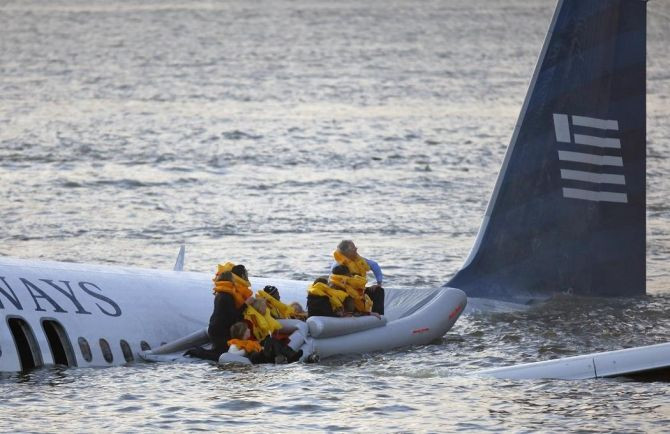Media's Anger, Sadness Story Angles Shape Reactions to Companies in Crisis

Emotional news framing affects public reaction to crises, according to new study.
Researchers at the University of Missouri found that the public responds differently towards a company involved in a crisis depending on how news coverage is framed. Journalism experts studied the reaction of news readers when exposed to an “anger-frame” story and a “sadness-frame” story about a crisis.
They found that the group who read an “anger-frame” story that blamed the organization for the crisis read the news less carefully and had more negative attitudes toward the company than those exposed to the “sadness-frame” story that focused on the victims and how they were hurt by the crisis.
"The distinct emotions induced by different news frames influenced individuals' information processing and how they evaluated the corporation," Glen Cameron, the Maxine Wilson Gregory Chair in Journalism Research and professor of strategic communication at the University of Missouri said in a statement.
This study was published in Communications Research.
Researchers said that corporate response to a crisis that focuses on the relief and wellbeing of the victims tends to improve the public’s perception of the company when compared to news coverage focusing on law, justice and punishment, and investigators said that regardless of how the initial news was framed, either in anger or in sadness, this was the case.
Cameron said these results show the importance of controlling the message during a crisis.
"It is important for corporations to put on a human face during crises," Cameron said. "If a corporation can focus on the well-being of the victims and how the corporation will improve following the crisis, they have a better chance of influencing "sadness-frame" news coverage as opposed to "anger-frame" coverage. If the news coverage remains "sadness-framed," public perception will stay more positive."
Cameron noted that it is important to understand that his research is not aiding corporations to shirk from responsibility, but rather showing how to best handle crisis situations.
"Crises are going to happen," Cameron said. "Unfortunately, planes will crash and there will be oil spills. This study helps to show how the public will react to different types of news coverage of crises, and subsequently, what the best ways are for corporations to handle any crises they may encounter.”



























